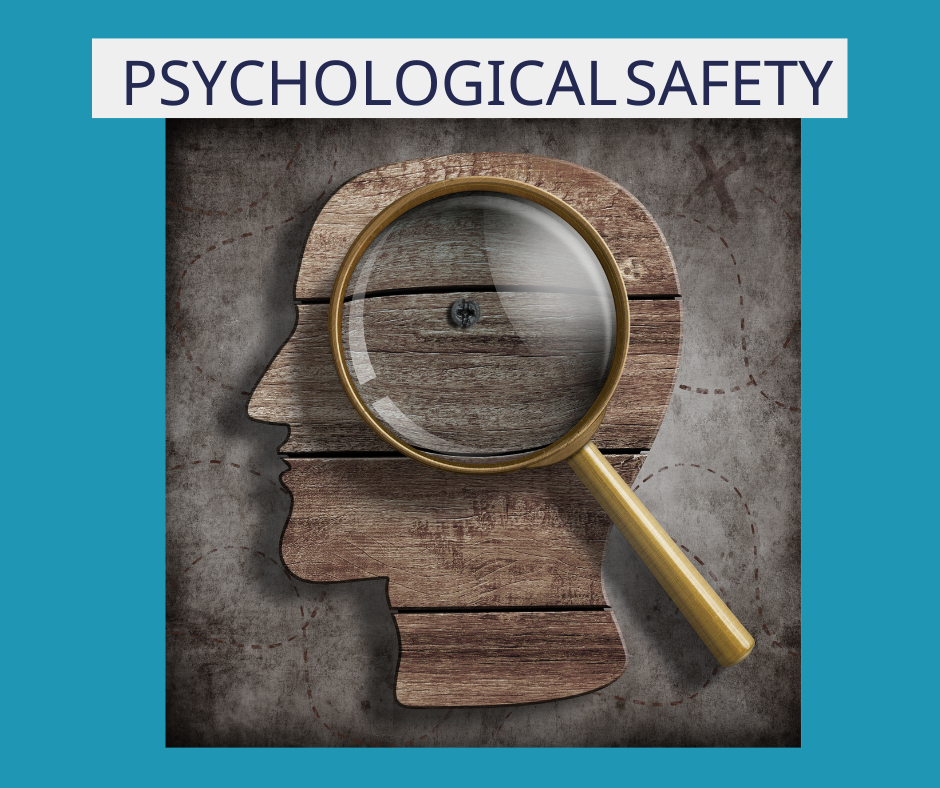Every good leader has been a bad boss at some point.
The truth is, we’re all a mixture of good and bad qualities and leadership often falls upon us by accident.
Managers - be they good leaders, or bad bosses - have a profound impact on their teams.
So what makes a bad boss, and what makes a good leader?
How can bad bosses become good leaders?





